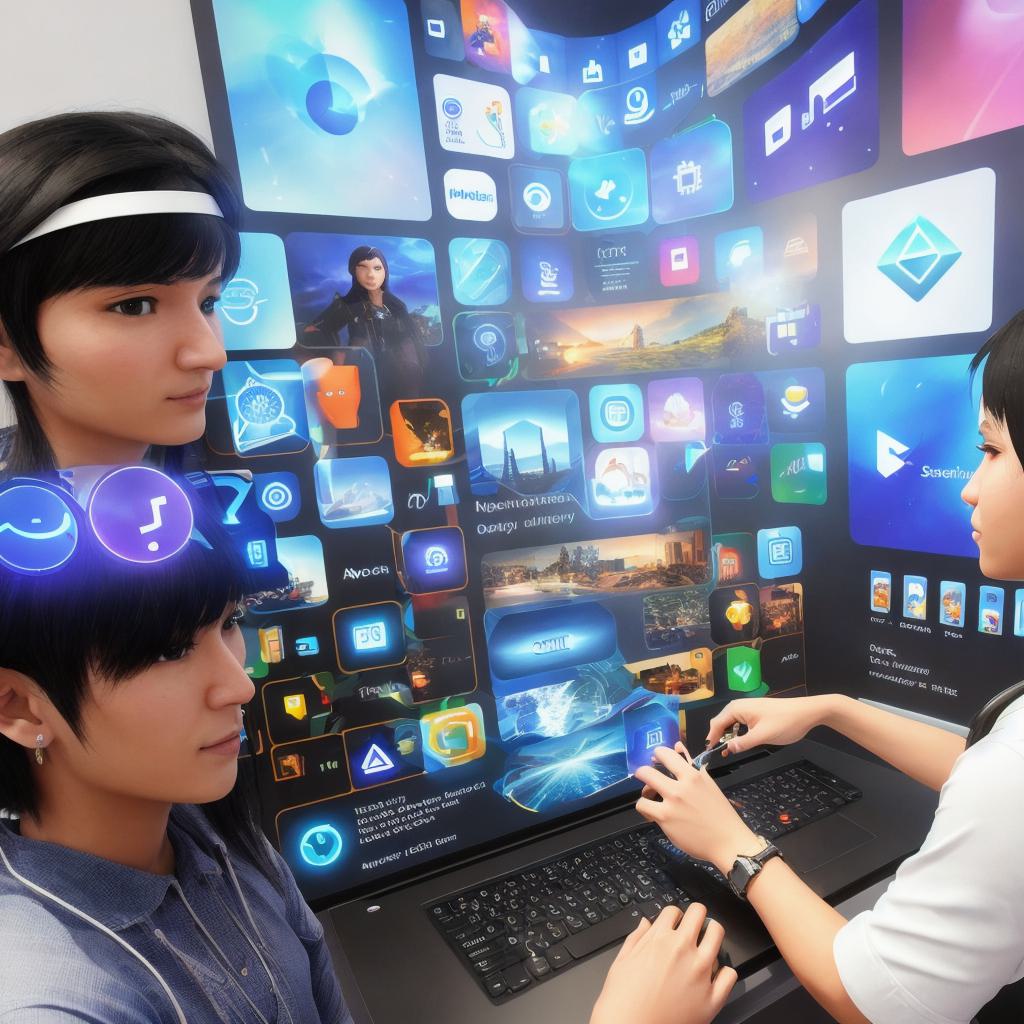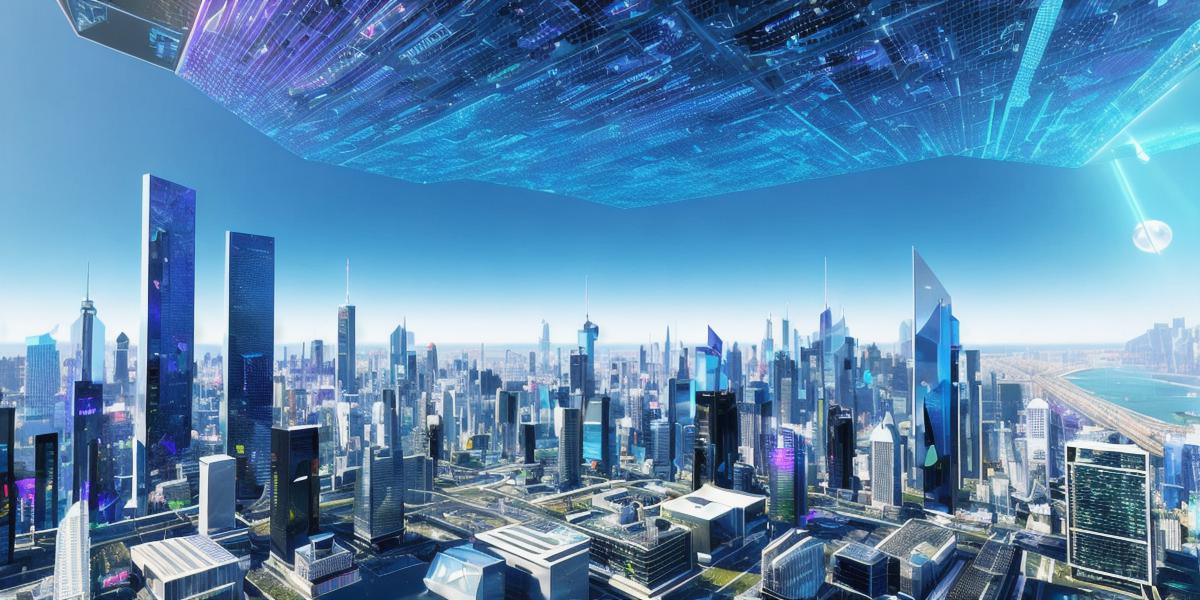The metaverse, a collective virtual shared space, is set to revolutionize how we interact and experience the digital world. Over the next five years, several advancements are expected to redefine the way we live, work, and play in this immersive digital landscape.
Let’s explore some of these transformative developments:
- Enhanced Graphics and Realism
The metaverse will see a significant leap in graphics capabilities, delivering photorealistic environments that blur the line between reality and virtuality. Advanced rendering techniques and high-definition textures will create hyper-realistic experiences, immersing users in lifelike digital spaces.
- Improved Interoperability
Interoperability issues, which have long hindered a seamless metaverse experience, are expected to be addressed. Users will be able to transport their avatars and digital assets across various platforms, enabling a more cohesive and unified virtual world.
- Virtual Economies
As the metaverse evolves, so too will its economies. Decentralized finance (DeFi) solutions, non-fungible tokens (NFTs), and cryptocurrencies will play a significant role in these emerging virtual markets. Users will be able to buy, sell, and trade digital assets within the metaverse, creating new opportunities for entrepreneurs and investors alike.
- Advanced Haptic and Tactile Feedback
The next generation of haptic technology will bring tactile feedback to the metaverse, allowing users to touch, feel, and manipulate virtual objects as if they were real. This advancement will create a more immersive and interactive experience, enhancing user engagement and enjoyment.
- Social Interactions and Collaboration
The metaverse will become an increasingly social space where people can connect and collaborate in new and innovative ways. Real-time communication tools, advanced avatar customization, and collaborative workspaces will make the metaverse a hub for social interaction and productivity.

- Virtual Reality (VR) and Augmented Reality (AR) Integration
Virtual and augmented reality technologies will play an increasingly important role in the metaverse, providing users with more immersive and interactive experiences. VR headsets, smart glasses, and mobile devices will offer seamless access to this expansive digital universe, further blurring the lines between the physical and virtual worlds.

- Artificial Intelligence and Machine Learning
AI and machine learning technologies will transform the metaverse by delivering personalized experiences and advanced functionality. Intelligent avatars, adaptive environments, and automated assistance systems will make the metaverse a more efficient, user-friendly, and enjoyable place to explore.
- Educational and Training Opportunities
The metaverse presents new opportunities for learning and skill development, as immersive educational experiences and virtual training simulations become increasingly popular. These innovative solutions offer a cost-effective and engaging way for individuals to acquire knowledge and master new skills.
In conclusion, the next five years will bring about significant advancements in the metaverse, reshaping our digital experiences and redefining how we interact with one another in this immersive virtual landscape. From enhanced graphics and realism to social interactions and advanced technologies, these developments promise a more engaging, interactive, and productive future for users around the world.
